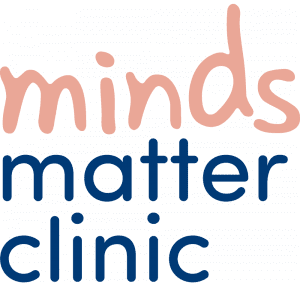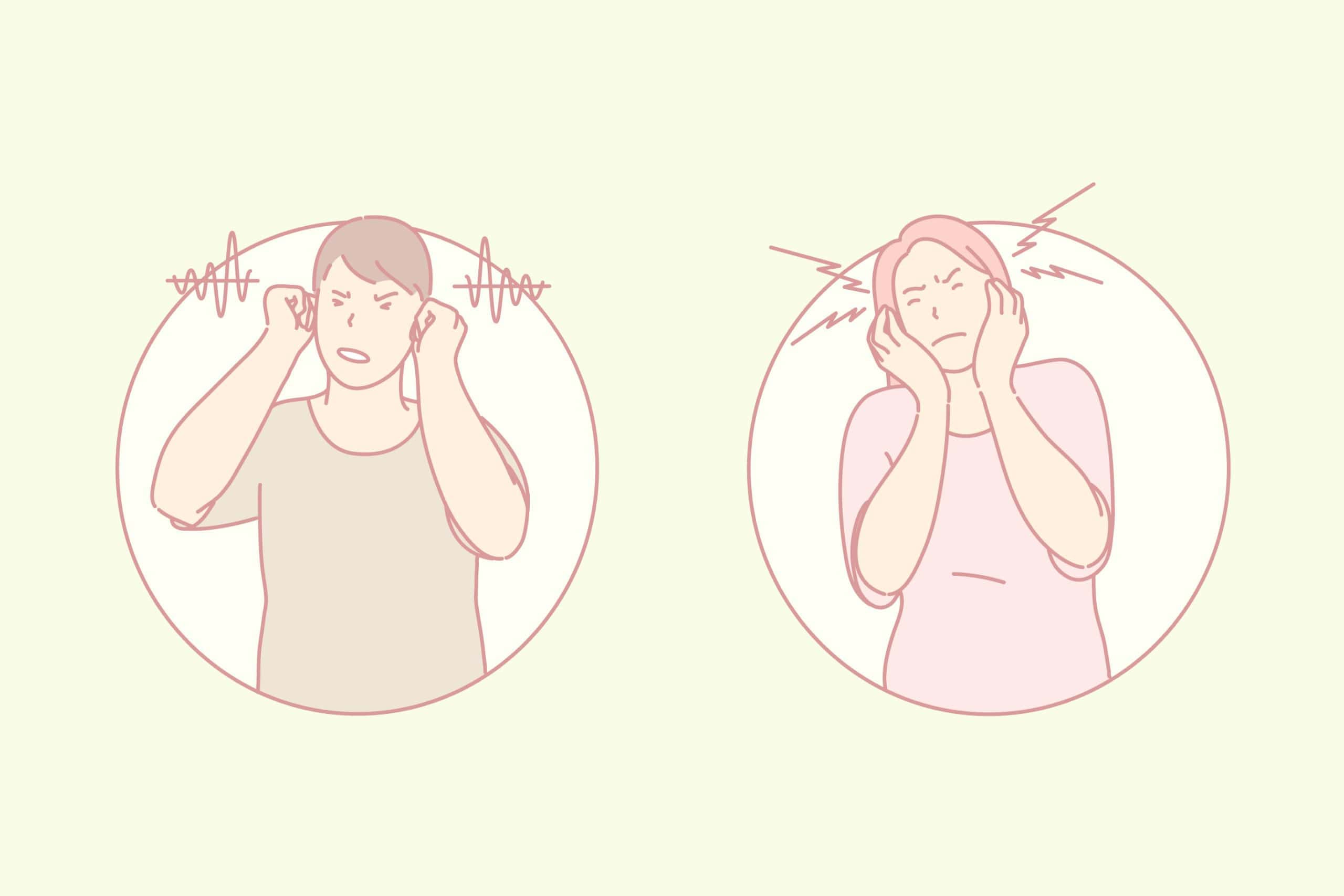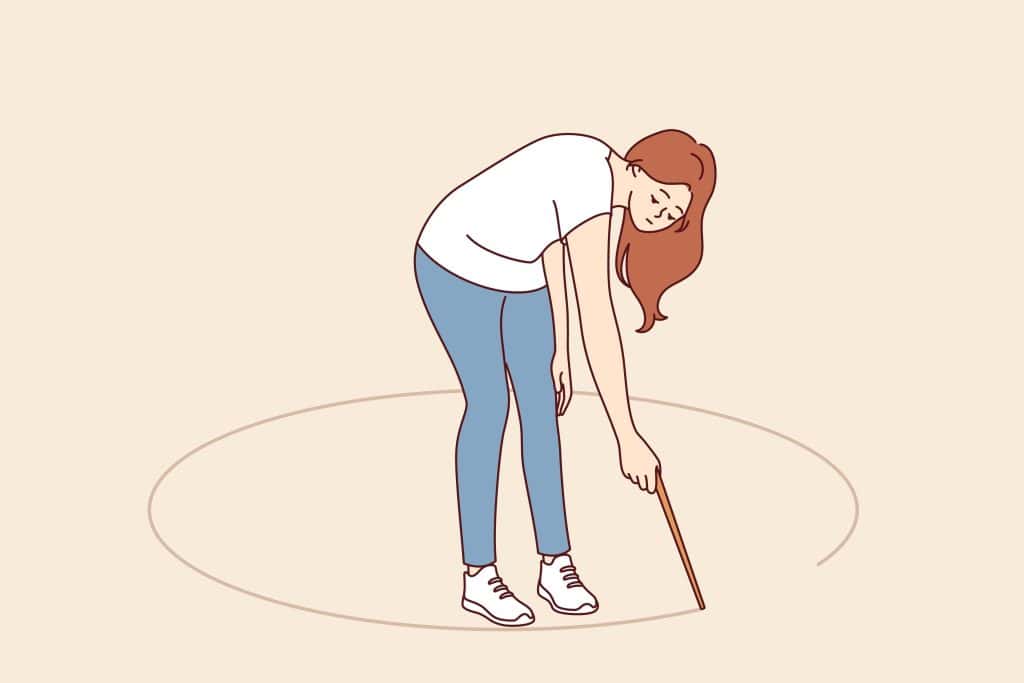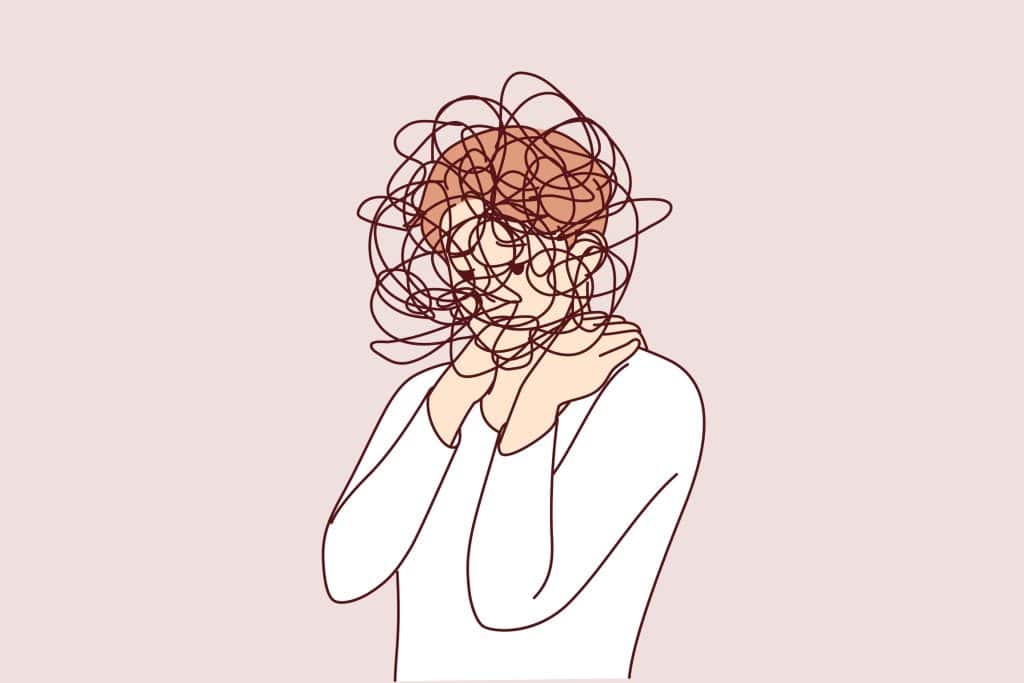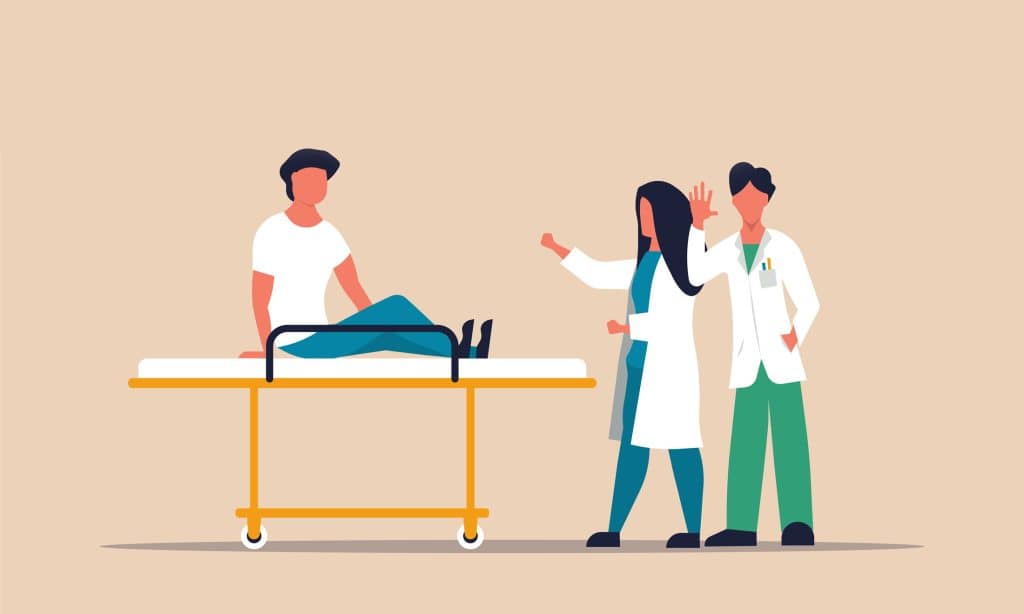Brief Summary
Rosie is a 17-year-old adolescent who was referred to Minds Matter Clinic by her parents and her School Nurse in July 2024.
Prior to referral, Rosie became a vegan at age 14 and began to obsess about food in general. She became obsessed with exercising every day and eating only at rigid meal times. Having a routine was very important to Rosie to the point of being inflexible, and during term time, she was obsessed with studying to the exclusion of most other aspects of her life.
At age 15, Rosie lost a significant amount of weight and was referred to CAMHS with an eating disorder. She was monitored and released by the end of 2022 with no formal diagnosis of anorexia. Although the psychologist believed she demonstrated traits of ASD, the results were inconclusive. He also advised her to test for ADHD. Rosie was reluctant to engage at this point, so no tests were carried out.
Upon referral to Minds Matter Clinic, all tools and forms were completed by Rosie, her parents, and the requested teacher, enabling us to provide diagnoses and reports within a few weeks. She turned 18 in September 2024, within a few weeks of registering with the clinic.
Diagnosis and Treatment
After Rosie’s parents paid their initial deposit, Minds Matter Clinic supplied screening tools and forms according to NICE guidelines to both her family and her school. Once these were returned, Rosie was offered a face-to-face appointment for the Autism Diagnostic Observation Schedule (ADOS) Assessment and the Autism Diagnostic Interview (ADI-R) Assessment. They were also offered to option of a virtual consultation.
Rosie travelled with her family to the Minds Matter Clinic where she was administered the Autism Diagnostic Observation Schedule Second Edition (ADOS 2), Module 4. The ADOS is a semi-structured, standardised assessment of communication and social interaction, for use with individuals with possible Autistic Spectrum Disorders.
This assessment has demonstrated utility in distinguishing between those people who have Autism Spectrum Disorder from those who may have other developmental difficulties or no disorder. Module 4 of the ADOS-2 is intended for children and adolescents with fluent speech. It includes several activities such as completing a construction task, describing a picture, telling a story from a book, and answering questions about emotions and relationships.
The ADOS is scored in two areas – communication and reciprocal social interaction. Further assessments measure imagination and creativity, stereotypical behaviour, and restricted interests.
Rosie showed signs of anxiety upon arriving for her assessment. Once the clinician introduced herself and explained what to expect, Rosie settled in well, engaging with the clinician and building a rapport. She completed all activities and expressed her emotions and difficulties. The clinician also collated evidence by observing and listening to Rosie.
Following the assessment the clinician drafted a report with an initial score, and evidence was provided from the assessment. During a subsequent Zoom appointment, Rosie’s parents gave the clinician an in-depth history of their daughter’s early development and milestones, exploring any traits of Neurodiversity from the time she was a baby. The parents felt comfortable and relaxed during the ADI-R as it was conducted on Zoom in their home environment.
At a multi-disciplinary meeting, both clinicians provided evidence for the diagnosis of ADHD, and an in-depth report was formulated. This report provided therapeutic interventions and also recommended local services available for both Rosie and her family to access. Clinicians also offered a follow-up appointment to answer any questions relating to diagnosis and treatment.
Parents’ Feedback
After feeling the CAMHS assessment was more rushed, the family were happy that they were listened to and heard. They were satisfied with the outcome of the assessments for their daughter and commented on how the report was detailed and in-depth with recommendations to support Rosie with her next steps in life and education.
